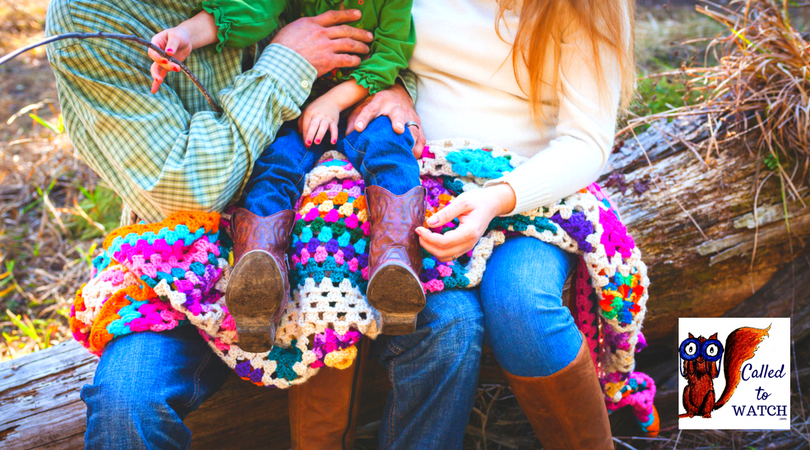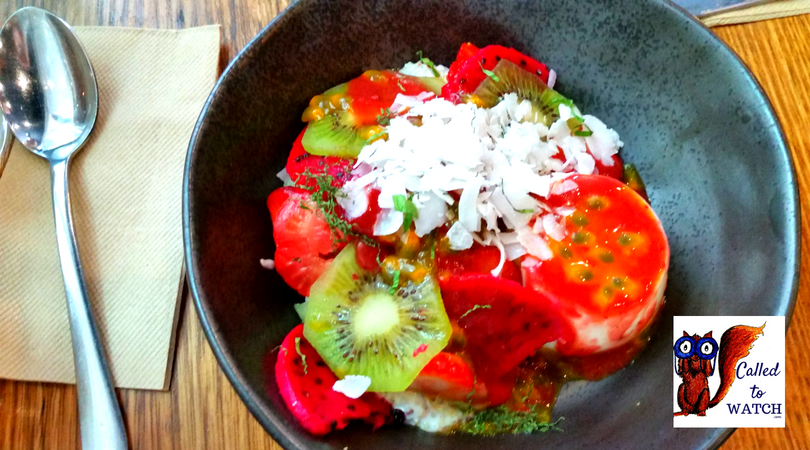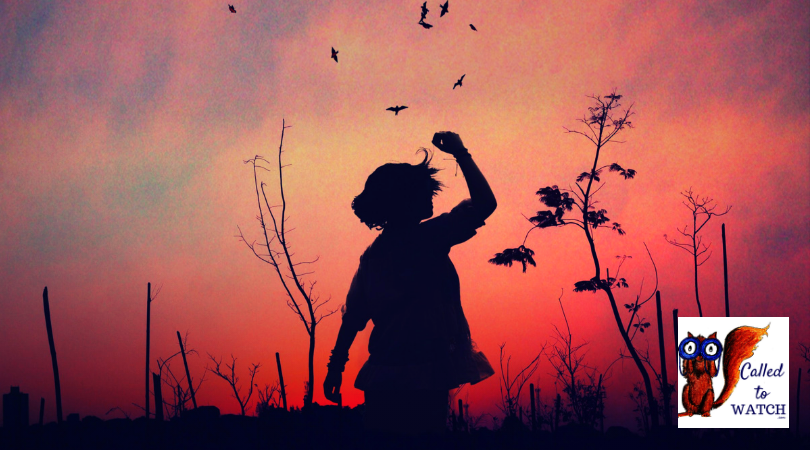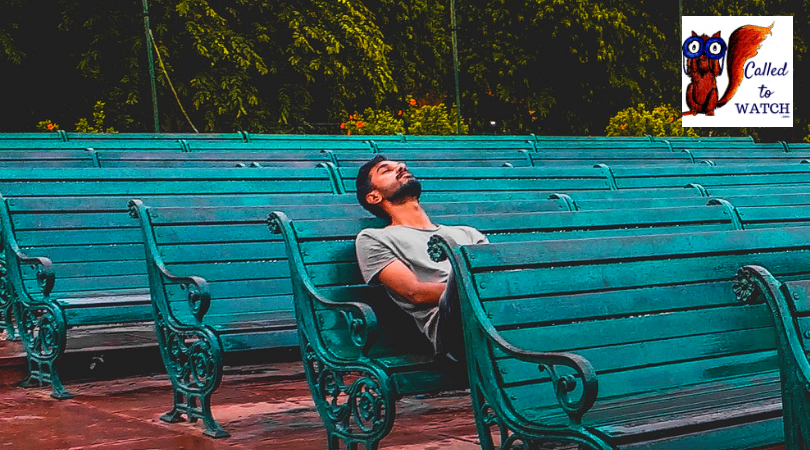… and to be honest, that’s not me.
… and to be honest, that’s not me.
Ambition says, “I can do it all”.
What makes Ambition wrong?
What makes Ambition right?
Am I being called to give Ambition up? Am I okay with that?
And how can our ambition get in the way of our love for others and our calling to Watch?
Today this post is hosted over at my personal blog.
… Read more about my thoughts and personal struggles with Ambition here.
PS: Enjoyed the post above? Get the next one delivered straight to you! Sign up for email notifications
I’m also on Facebook, Pinterest & Twitter! Meet me there for more interesting reads, resources and community.











